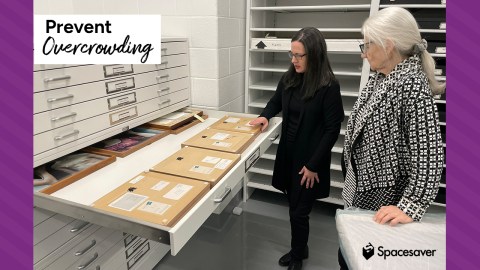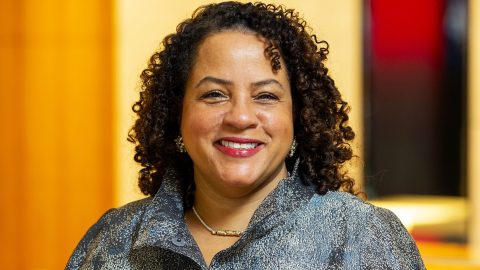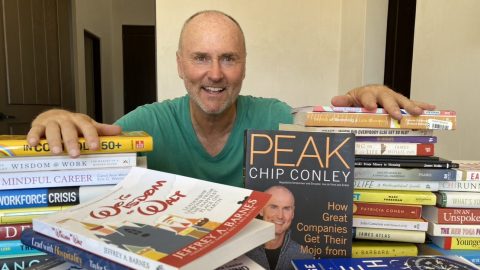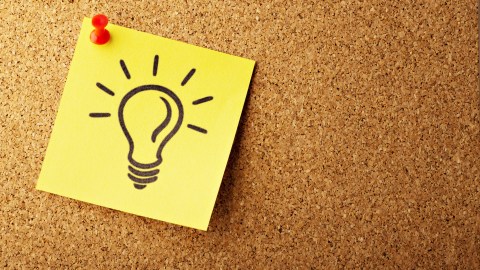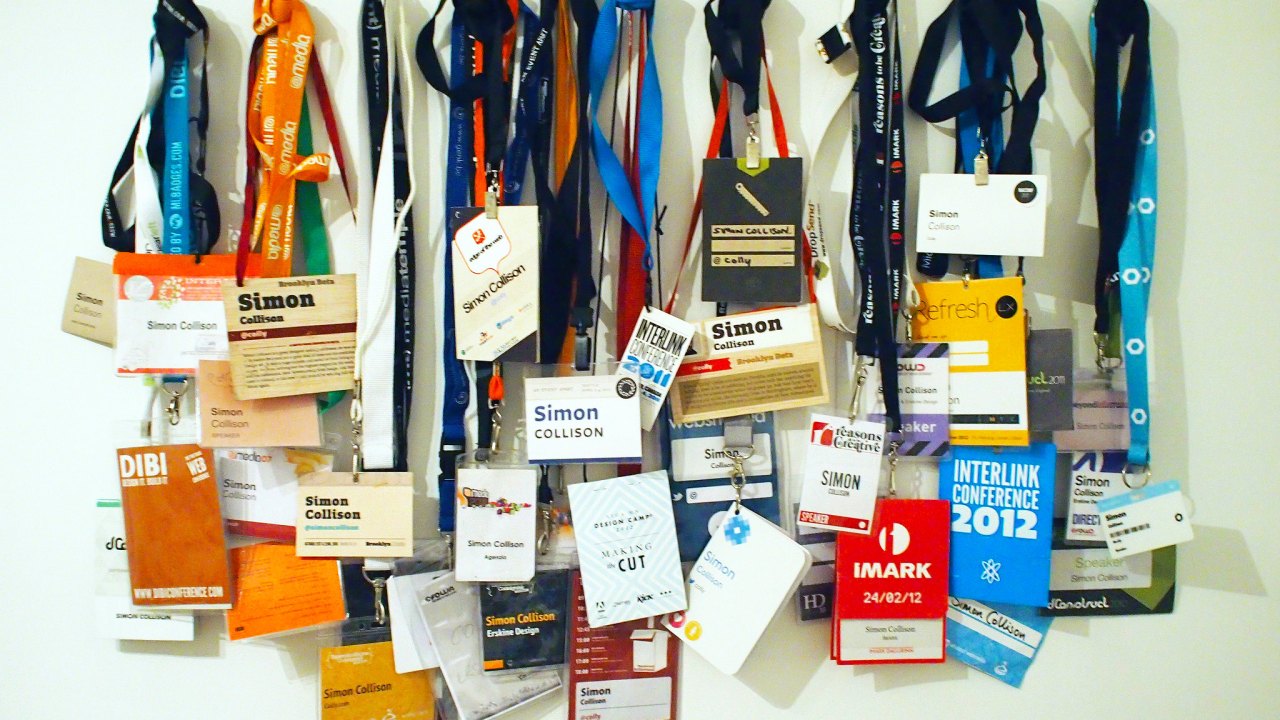
“We had been talking about going to different conferences for years, usually in a joking, musing way, so it is awesome to be able to do it.”
When I asked my colleague Mark Riccetti, our organization’s director of operations and programs, about his experiences attending the 2019 Small Museum Association conference, this was part of his response. We work at the Luzerne County Historical Society in Wilkes-Barre, Pennsylvania, and we are proud to be part of the small museum community. We own four historic buildings and are the tenant in a fifth, and we have a collection of two-hundred thousand objects, documents, and published works, and three acres of land. It may not sound so small, but we have an annual budget of about $325,000 and a paid staff of five —three full-time and two part-time—to run all of that, so we are firmly part of the small museum world. And, like many of our small museum colleagues, money (not to mention time) to attend professional conferences is scarce. However, my belief in the value of professional development spurred me to find ways to add funding for it to our budget and to encourage my colleagues to attend local and regional conferences. I hope that my story will inspire other small museums who think it is not possible, and offer some ideas on how to do it.
Trust me—I know that it can seem like professional development funding is unattainable. There are so many other, more pressing needs: building repairs, copy paper, or payroll, for instance. This was certainly true for the Society when I came on as the executive director in November 2016. The organization had been without a director for three years and the budget was even smaller than it is now. We had and still have a ton of deferred maintenance at all of our buildings, along with many other backlogs. One of my colleagues had been to one conference many years ago, while the other two had never been to any. Two of those three have worked at the Society for ten years or more.
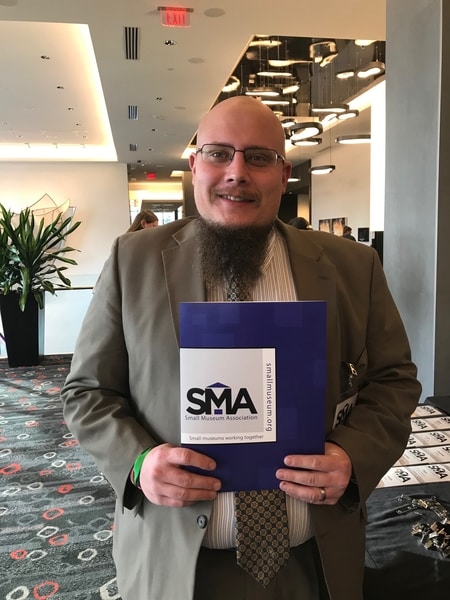
As I got to know my new colleagues, I cheered on their creativity and ideas for moving the Society forward. I also listened to their frustrations and realized that they really needed to meet other museum and library professionals to help them not to feel so isolated. I have been fortunate in my career—I’ve spent most of it in Massachusetts where it feels like there is a museum or historic house on every corner. I went to grad school for history and met other “history nerds” who went on to work at museums around the country, helping me to build a network of colleagues and friends who can help me out, inspire me, and listen to me work through frustrating issues. But here in northeastern Pennsylvania there are not a lot of history museums, and even fewer with professional paid staff.
So, I realized that I needed to send the Society staff to some conferences. We could benefit from fresh ideas and perspective from our museum and library colleagues, and the staff would benefit from hearing that we are not the only ones to get calls from people who want us to restore their historic house for them or don’t understand why we don’t have EVERY church record from the entire county at our fingertips. So, I did it. I told the staff that they could each go to a conference in 2018, and it was one of the best days of my tenure at LCHS so far—they were so excited. Two attended the state museums conference and one chose to go to a regional archives conference.
But how did we make it happen? Here are my tips:
- Apply for scholarships. Many conferences and other professional development opportunities have scholarship support available. My colleague Mark, who I mentioned above, applied for a scholarship to the Small Museum Association conference and received one! Shout-out to the SMA, who are incredibly generous with their scholarships—it included registration and hotel fees, along with the banquet and several meals at the conference. And he was one of several scholarship winners, so he got to “[meet] like-minded professionals and swap war stories” (his words).
- Apply for training grants. The NEH’s Preservation Assistance Grant program, for example, allows applications for workshops and training around collections care and is expressly for smaller museums. Your local community foundation might be a place to apply too—participating in training will have a nice impact on how you can preserve your collection and share it with your community!
- Look for conferences that are local and regional. We started with these, since they did not require paying for plane tickets. They were also just two or three days long, so it was easier to find the time to attend without needing to close our sites, reschedule regular work tasks, or reorganize our personal and family schedules.
- Take advantage of webinars. There are many of them out there in the museum and library fields. They are often well-priced, if not free, and allow the staff to learn new things, meet other professionals, and stir their creative juices—all while sitting at their own desks!
- Try a fundraising challenge. This year, we were fortunate to have a board member help us out with fundraising for professional development this way. He had a significant birthday this past fall and he asked his guests to participate in a “birthday challenge” and contribute to the Society’s funds for professional development in lieu of gifts. With his help, we raised $2,500, all of which is going straight to staff professional development in 2019. We are especially excited because the American Association for State and Local History (AASLH) annual conference is in Philadelphia this August, which is just a two-hour drive for us. My colleagues have never been to a national museum conference, so I am thrilled to be able to give them this opportunity. This time we will close our sites for a few days so we can attend—it’s worth it! This was a really nice way to find funds for professional development. It took little effort on the part of the staff (or the executive director), yet spread the message about our initiative to bring new ideas back to the Society, which will ultimately benefit the community we serve.
I can already see the positive results in the staff. Some of them are working on starting a podcast for the Society, inspired by a session at last year’s state museums conference. Mark is using his knowledge from a session on evaluation at the Small Museum Association conference to help us develop our visitor evaluation forms. Our librarian, Amanda Fontenova, picked up tips about using non-archival supplies to store some of our collections. All of the staff are feeling better about how we do what we do. As Mark commented, “it is so refreshing to know that while we might not be the best, we also aren’t the worst—it is nice to hear it and see it from an outside source.” I can see them feeling more confident as they realize that we are not alone, that we are part of a museum and library community facing many of the same challenges.
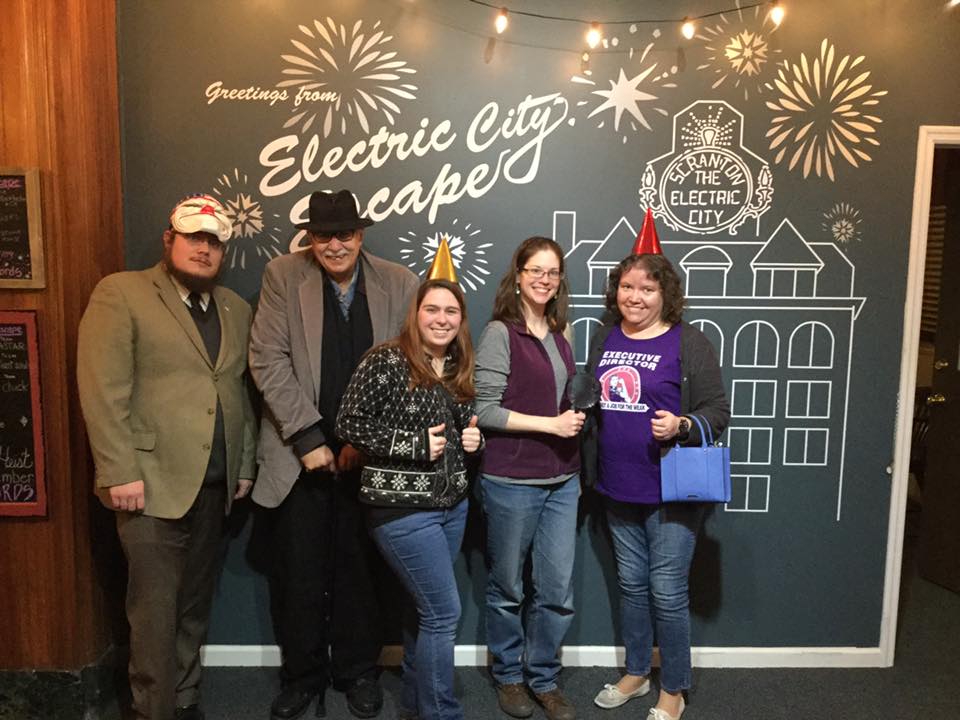
About the author:
Aimee E. Newell is the Executive Director at the Luzerne County Historical Society in Wilkes-Barre, Pennsylvania, and a member of the steering committee of AASLH’s Small Museum Affinity Group. She is fortunate to have attended and presented at many national and regional conferences and is committed to providing those same opportunities for her colleagues, even on a shoestring budget.





